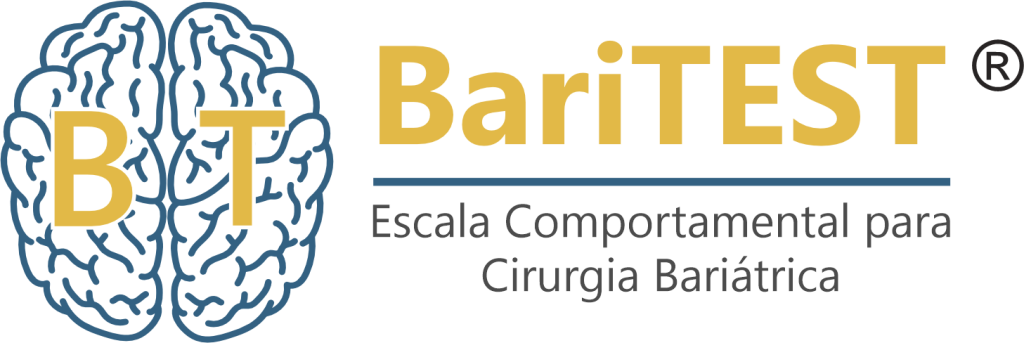
People with addiction have difficulty stopping themselves from using substances, even when they want to stop. Addiction affects the addict’s thoughts and behaviors, causing patterns of drug-seeking behavior that may be destructive or dangerous. However, if an individual takes an antidepressant of this category for long enough, they can experience negative symptoms or experience discomfort when they stop—especially if they stop abruptly. It’s always recommended to work in conjuncture with your prescriber to safety make any medication management changes to SSRI medications safely. Psychological addiction, on the other hand, focuses on the mental and emotional aspects of reliance on a substance.
History of the Terms Dependence and Addiction

He decides to cut out this bad habit, but he soon starts drinking again. Now he drinks ten or fifteen beers every night, and he sometimes blacks out. Since he can’t stop even though he wants to, his dependence has turned into an addiction. However, other forms of drug dependence can cause significant withdrawal symptoms. For some substances, such as alcohol, suddenly stopping it can be dangerous. In these cases, treatment involves gradually tapering off the drug over a set period to reduce withdrawal effects.

RECOVERY PODCAST
It’s also important to note that benzodiazepine withdrawal can be deadly, and cessation should always be handled in the care of a professional. The fear of judgment, discrimination, or even rejection from loved ones can keep people trapped in a cycle of silence and shame. If you’re seeking help for yourself or a loved one, our expert team is here to guide you every step of the way.
Addiction and dependence for opioid-based medications

The process may be challenging, but it’s one filled with possibilities. With the right support, people can overcome dependence and addiction and reclaim their lives. Dependence situations demand the need for addiction vs dependence skilled therapists, counselors, and medical practitioners. Reach out to our staff at The Recovery Village to learn more about how we treat substance issues, chemical dependency, and behavioral addiction. Let’s examine how the world views addiction versus dependence in relation to substance abuse disorders.
- The APA ditched both “substance abuse” and “substance dependence” in favor of “substance use disorder.” Substance use disorder is now the medical term for addiction.
- Although addiction and dependence are different, their symptoms can look somewhat similar to friends and family.
- In these cases, treatment involves gradually tapering off the drug over a set period to reduce withdrawal effects.
- When discussing substance abuse and related issues, the terms “addiction” and “dependence” are often used interchangeably.
Treatment for Substance Dependence and Addiction
- Medical terms are always evolving, and official categories in the DSM-5 take a long time to update.
- They can offer advice on how to approach your treatment and assist you with the process of detoxing, withdrawing, and recovering from alcohol use disorder.
- As such, alcohol addiction can result from prolonged and ongoing use, and may require treatment intervention to begin the recovery process.
- This type of rehab is best suited to individuals with long-term chronic addictions, especially those who have co-occurring mental health issues.
Addiction is defined as the behavior of someone who keeps abusing substances, despite negative consequences. The person’s behavior surrounding the substance progressively becomes more destructive. Users can become addicted to more than one substance, and they can also develop addictions to sex, gambling, food, porn, love, and technology. People can have just a physical dependence, addiction, or both at the same time.
